 Inequality in the economic and social position of women in rural areas is an important challenge on the path to achieving gender equality. Differences in access to resources, jobs and profitable activities, as well as education and participation in public life, have been recognised globally. One of the answers to what the path to greater social equality and economic independence of women may look like in this context is currently being developed as a community and a kind of “independent city” in the West Bačka District, more precisely in Sombor and its surrounding villages.
Inequality in the economic and social position of women in rural areas is an important challenge on the path to achieving gender equality. Differences in access to resources, jobs and profitable activities, as well as education and participation in public life, have been recognised globally. One of the answers to what the path to greater social equality and economic independence of women may look like in this context is currently being developed as a community and a kind of “independent city” in the West Bačka District, more precisely in Sombor and its surrounding villages.
Zdenka Mitić, Anica Periškić and Jelena Jokić Radonić, builders (of aromatic fields) of Lavangrad (Lavender City), helped us understand the complexity of women’s work experience in rural areas and see past the stereotypical images of gender equality.
Lavangrad is the name of an association that brings together around sixty women from Sombor and the surrounding area, as well as the name of an initiative that aims to establish the production of lavender essential oil, which women grow independently in their gardens in Vojvodina*. Even though it was said in the context of organic production certification, the sentence of Zdenka Mitić, president of the Association, regarding how growers “independently (without chemicals) fight weeds” actually symbolises an endeavour whose results far exceed the fields of this aromatic plant.
Two years ago, 28 women from Sombor and the surrounding area responded to a public call from the City of Sombor, the Centre for the Production of Knowledge and Skills from Novi Sad and the Centre for Social Work in Sombor to receive a portion of thirty thousand lavender seedlings and support in its cultivation with the aim of starting the production of essential oil. Participants were given the opportunity to develop their social enterprises within the Women to Save Interreg-IPA Cross-border Cooperation project between Serbia and Hungary. The condition for application was that they had a cultivation plot at their disposal, in most cases a garden.
One of the growers stated that this was just one of the reasons she applied. “We are investing our work and land, so it was not necessary to invest additional material resources in order to try something new,” said Jelena Jokić Radonić, a graduate agricultural engineer from the Headquarters, near Sombor. For Anica Periškić, the owner of a successful beekeeping farm in Bački Monoštor, this was an opportunity to replace her vegetable garden with a new growing culture and a new production experience. The growers are of different ages, between thirty and sixty, and for most of them, this is an additional activity, in addition to permanent employment or caring for the household.
Growing lavender is not a short-term practice. This is evidenced by the fact that, although this variety was chosen as suitable for cultivation in our climate and on smaller areas, only the third or fourth year of flowering allows maximum use of flowers in the process of oil distillation. The plant itself can last up to thirty years, and it blooms best during the first twelve. These data vividly describe how delicate the development process is, both in and out of the fields.
“It started with frost and the decay of the first plants. However, we successfully planted the next round, and now we are really excited expecting the first harvest in July this year” Zdenka described some of the factors that influence the success of this initiative.
One of the major upcoming challenges for growers is the distillation process with the help of two distillers from the project and one that the growers will borrow from their fellow citizen for this occasion. In this process, according to Zdenka, the speed of distillation is of the utmost importance because, with each passing hour, the flower loses its precious properties, which directly affect the quality of the final product. An additional factor in this phase is the fact that plots are scattered around Sombor. With that in mind, growers will need extra manual support in July to win this exciting race against time.
Fifty kilograms of flowers are needed for one litre of oil, and sales prices vary from 50 to 100 euros. The price depends on the certification of organic production, the type of lavender, and other factors.
Although the material gain is not the primary incentive at the beginning of production, Anica introduces us to how this initiative can affect the working conditions of women in this part of Vojvodina. “Today, it is common for women from these parts to go abroad, often to Germany, and run households there. This initiative is proof that there is an opportunity to make a profit and establish a good (working) life here as well”, these are the words with which she describes how a small piece of land in the backyard can be an impulse for improving the wider social context.
According to Jelena, jointly entering the market with lavender essential oil can be a decisive advantage in creating a unique identity compared to the existing offer. Beekeeping, ethno-house, lavender cultivation and tourist arrangements are just some of the professional endeavours of Lavangrad members who are ready to share their knowledge, skills and experience with new members.
As Zdenka says, the essential oil is only the first step in the plans that the Association is already developing. Their idea is to develop an entire ecosystem of products and services focused on the flower of this aromatic plant.
The history of aromatic plants in Vojvodina is complex in itself. According to Jelena, the type of land in Vojvodina is very suitable for growing aromatic and medicinal plants, but due to a combination of economic and political circumstances dating back to the Yugoslav era, Vojvodina was defined as an area where grain would be grown. According to Zdenka, Lavangrad is not the first attempt to introduce aromatic plant cultures in this area. As early as the beginning of the 2000s, there was an initiative to dedicate the main arable land, mostly owned by men in agricultural farms, to this production. Lavender, however, found its modern Vojvodina debut almost twenty years later within the so-called women’s gardens.
If you want to support the work of the Association or you have a proposal for cooperation, you can contact us through the Facebook page of the Association.
——-
* “Garden” in the Vojvodina context means a piece of land in the yard behind the house. Vegetables are traditionally grown in gardens. These arable lands within farms are traditionally the responsibility of female family members.
 Government of the Republic of Serbia
Government of the Republic of Serbia



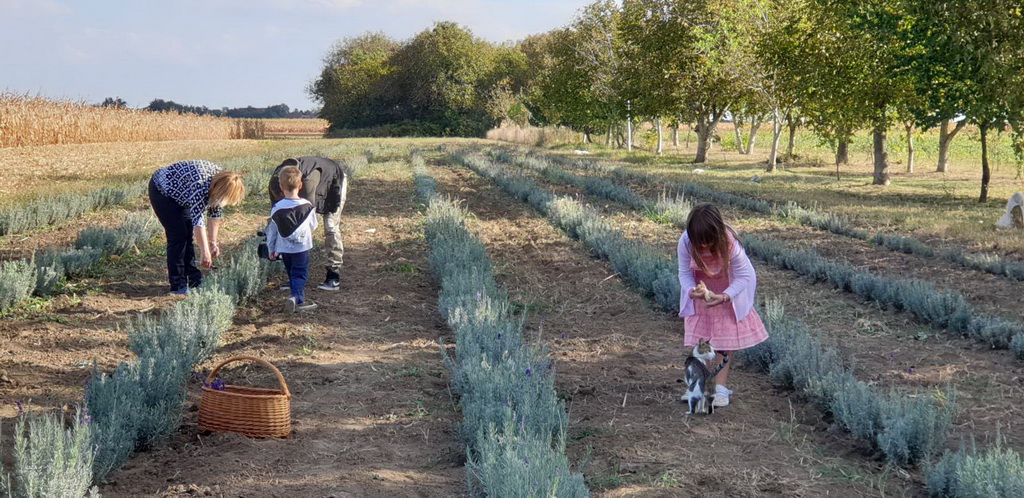
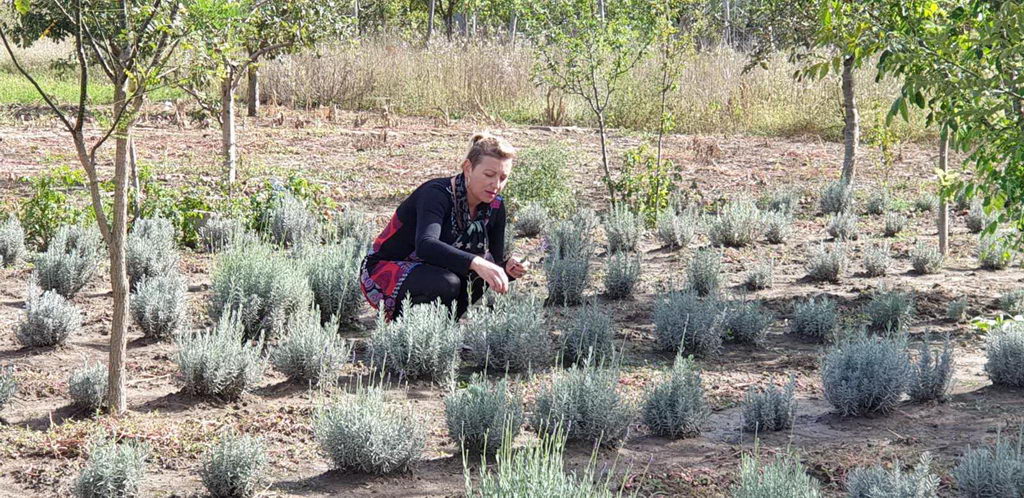
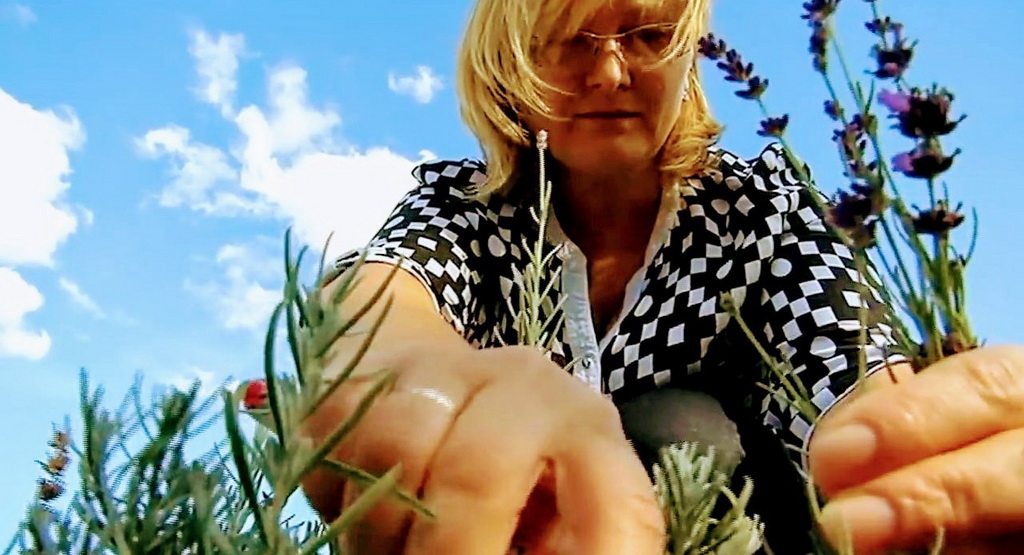
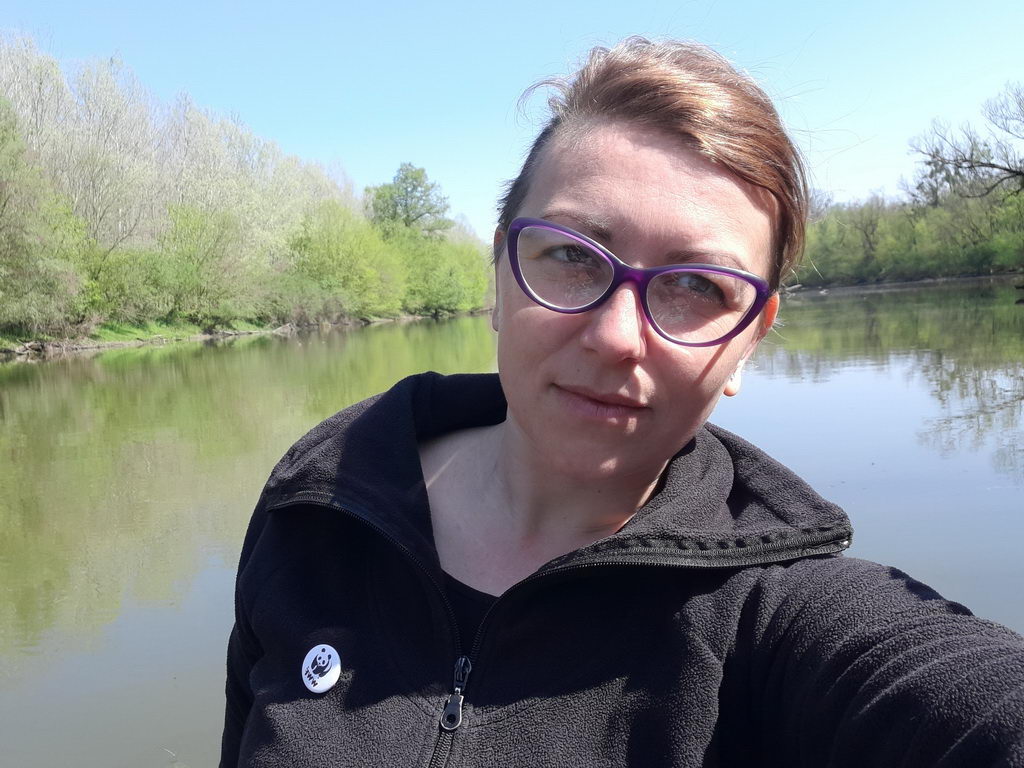
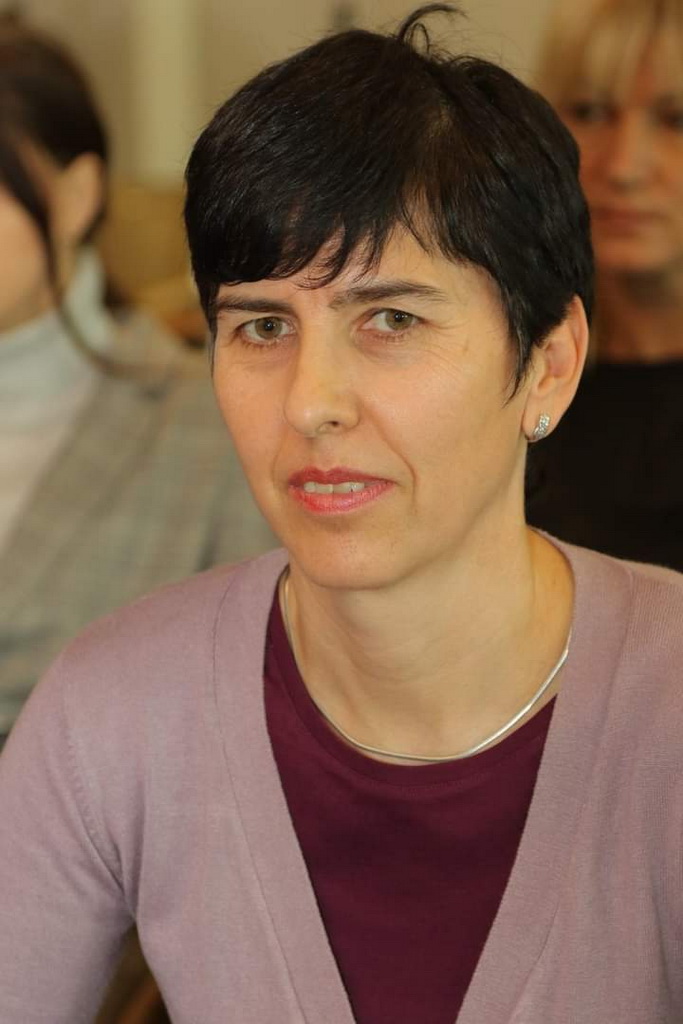












 pdf [271 KB]
pdf [271 KB]
Leave a Comment